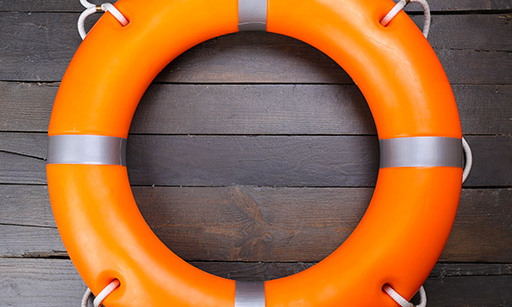Watching the latest series of The Island with Bear Grylls on Channel 4 and seeing a group of total strangers forced to work together to survive started me thinking about focus groups. Now of course we don’t leave our respondents without food and water and ask them to survive on a desert island for a month… But we do expect them to learn quickly how to work together and function successfully as a group.
There are 4 key stages of group dynamics, and we see these time and time again both in focus groups and on shows such as The Island…
Stage 1: Forming
This is when everyone meets for the first time and gets to know each other. Most of the people in the room have probably never been to a focus group before and don’t know what to expect, it’s only natural for them to be nervous. The Moderator’s role is to put everyone at ease and explain what the session will involve. A good warm-up or ice-breaker exercise is really important here, so we typically start with some easy ‘about you’ questions to get everyone talking (e.g. family, work, hobbies etc.).
Stage 2: Storming
Early on, some people will try to assert themselves e.g. try to dominate, joke around or question the value of the session. This stage is very clear (and often entertaining!) on shows such as The Island as the producers often include diverse personalities in order to encourage a power struggle. In focus groups, our role as Moderator is to establish our authority and reinforce the purpose of the session… but in a friendly and co-operative manner.
Stage 3: Norming
At this point the group begins to get going as group members get used to one another and are familiar with the format of the discussion. It is now important to maintain co-operation/enthusiasm by making eye-contact with everyone, letting everyone speak and encouraging different opinions (otherwise you risk falling back into the Storming stage).
We still keep questions relatively general here and have ways to build up respondent confidence e.g. asking them to work in pairs and report back to the rest of the group or noting down initial responses to an idea privately on paper or an iPad.
Stage 4: Performing
This is the stage you’ve been waiting for – the group is now working together successfully and they will listen to each other’s suggestions and ideas. It is typically the most fun/creative part of the session and a good time to introduce stimulus and creative or projective techniques. For example, brand mapping and personification exercises, ranking/rating features or ideas as a group or even creating collages or mood boards.
And as for The Island at this stage, this is where they have worked out their roles and responsibilities and are successfully finding food and water!
Managing focus groups is a specialist skill, and it’s what Gusto do best. To find out more, please helen.lisle@gustoresearch.com or call Helen on 0113 2689020.
Like this article? Follow us on LinkedIn.




